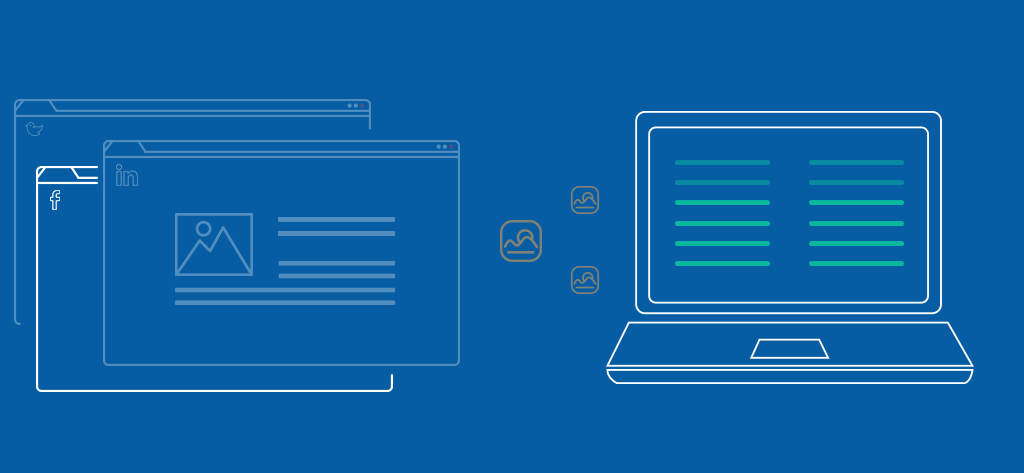
Scraping public data has always been somewhat of a grey area. Recently Linkedin lost a case by trying to argue that it could prevent scraping of public LinkedIn profile data under their ToS. However, the courts have ruled that if data is public and user-generated, it can be scraped/crawled. However, this is not as clear cut as the recent Eleventh Circuit decision to reverse a lower court’s dismissal of trade secret claims relating to the scraping of insurance quotes. In this case, the defendant was scraping quotes and reselling the data wholesale. This operation seems to fail the “fair” use due to its lack of “transformative” nature.
In what could prove to be an important decision within the context of scraping of “public” data, in a recent case the Eleventh Circuit reversed a lower court’s dismissal of trade secret claims relating to the scraping of insurance quotes. The appeals court rejected the lower court’s reasoning that the publicly-available nature of the insurance quotes negated the trade secret claim. Furthermore, the court reasoned that the nature of scraping itself, even on a publicly available database, may yet constitute an “improper means” to acquire trade secret information under state trade secret law.
Many of the cases are not very clear cut and sway from one direction to another. We are currently in the up where courts generally side with the “crawlers” which may change in a couple of years.
June 19, 2020